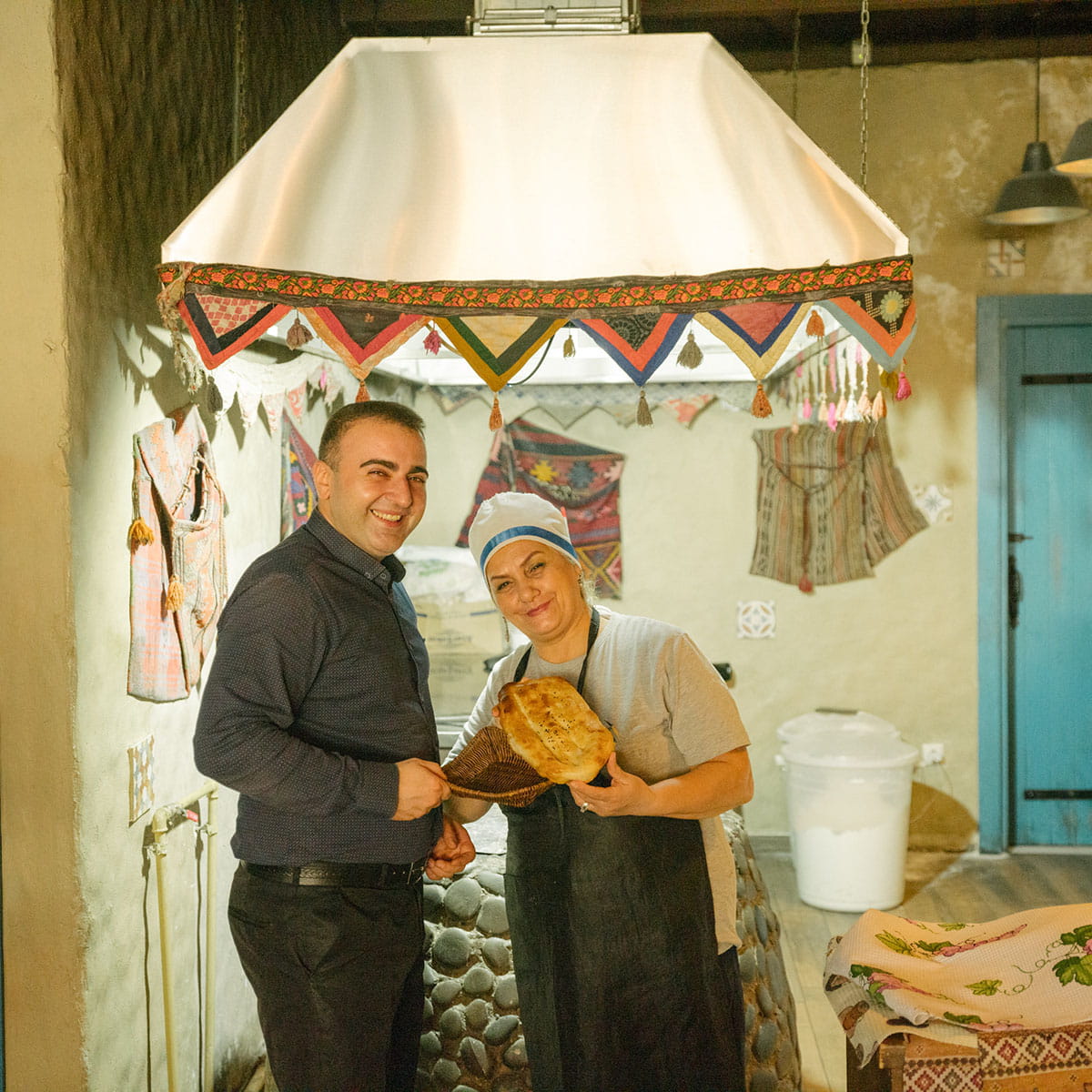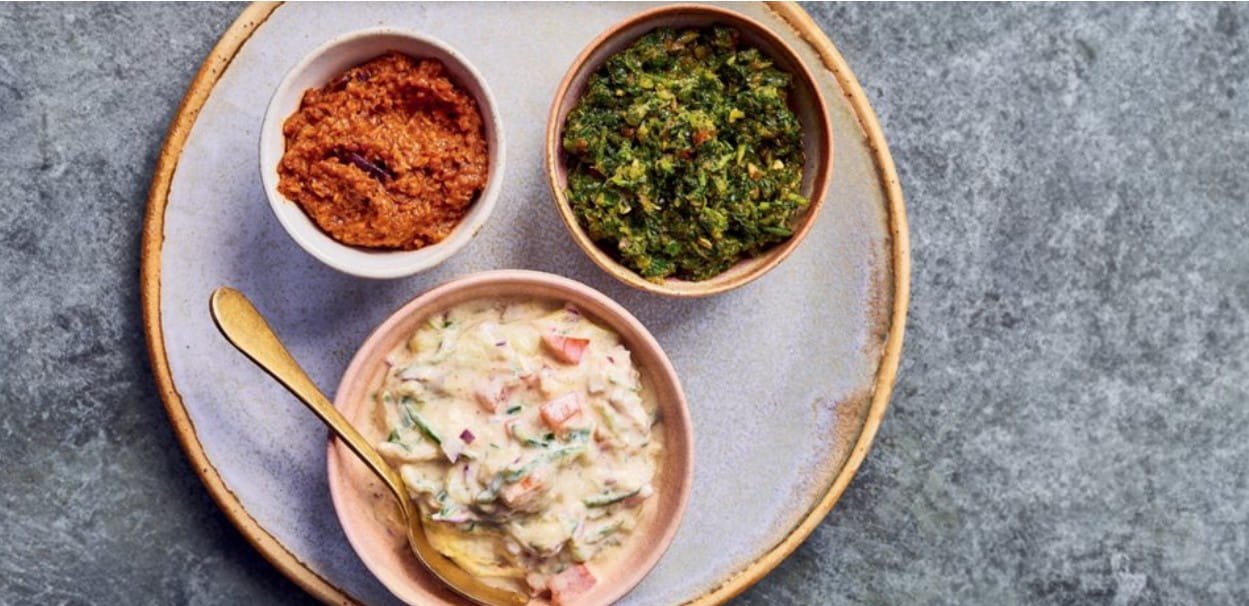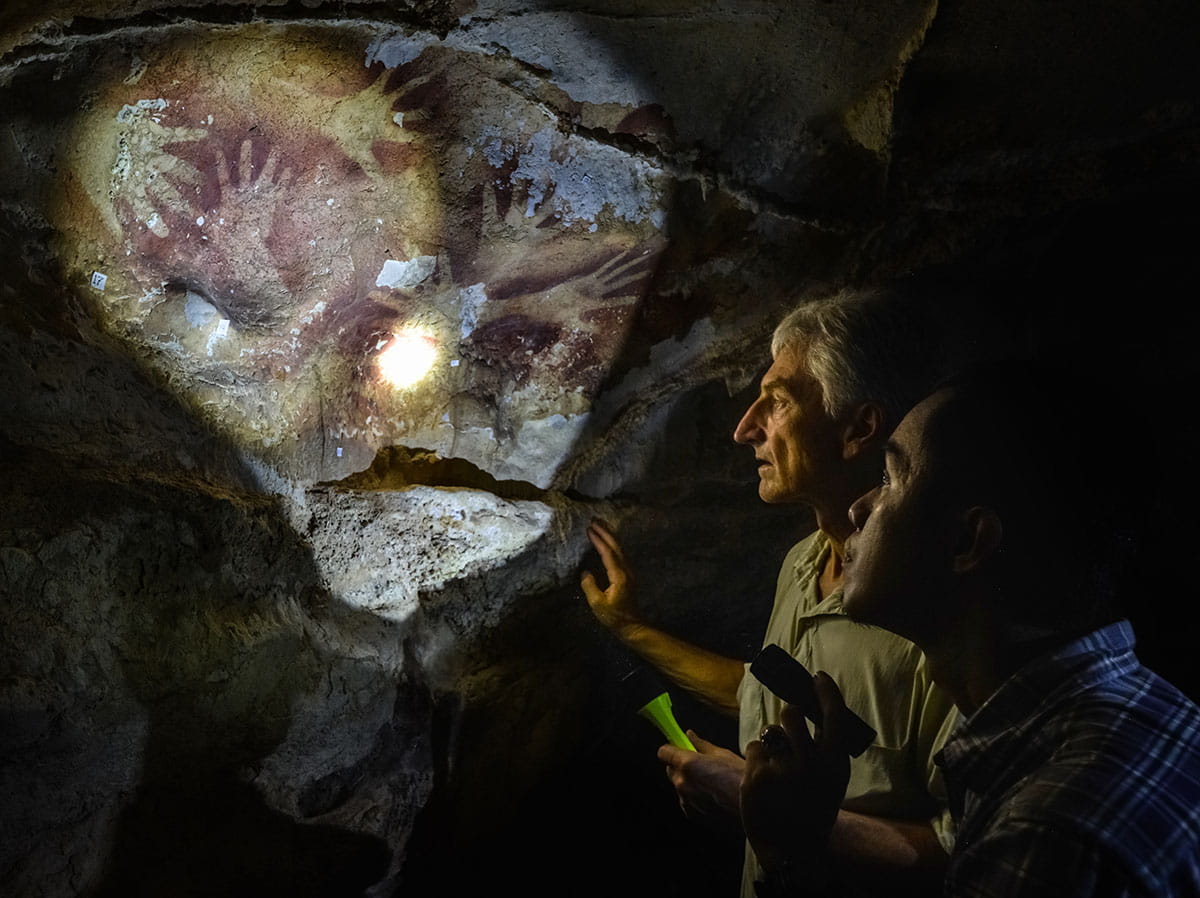About Us
Overview
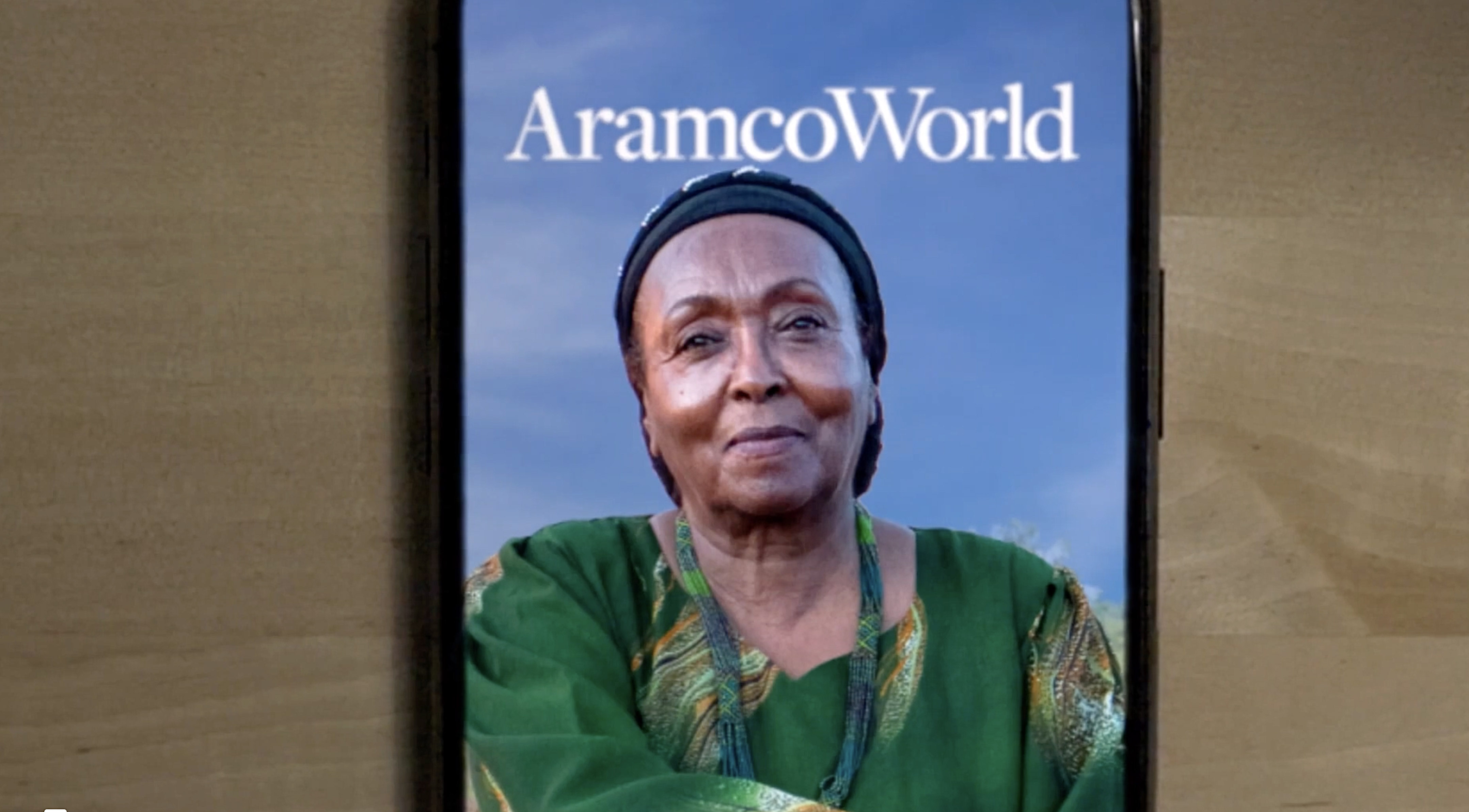
This content is blocked
You need to give permission.
Discover with us!
AramcoWorld inspires global connections with stories that broaden appreciation of diverse cultures, people and histories. Through engaging content, it supports cultural education and celebrates our shared experiences.
In print, AramcoWorld is distributed six times a year, without charge, to subscribers; online, it is published on this website and available on the AramcoWorld app. Back issues from 1960 are searchable in our PDF archive, and you can search more than 50,000 images in the AramcoWorld Photo Archive.
Founded in 1949, Aramco World was created as a company newsletter with the intent to connect colleagues across the globe. Today, AramcoWorld continues to serve a similar mission, connecting readers to global cultures.
AramcoWorld is published in Houston, Texas by Aramco Americas, a subsidiary of Saudi Aramco. Both Saudi Aramco and Aramco are trademarks of the Saudi Arabian Oil Company, a leading, globally integrated energy and chemicals company.
History
As Saudi energy resources took on greater global importance, the company's growth brought tens of thousands of Americans to Dhahran, and Aramco World grew into a bimonthly educational magazine styled along the lines of such popular US magazines as Life, Look and The Saturday Evening Post. Historical, geographical and cultural articles helped the American employees and their families appreciate an unfamiliar land.
Today, that educational orientation, and the goals of fostering cooperation and building mutual appreciation among cultures of the historical “East” and “West,” remain unchanged for what has grown into AramcoWorld's global readership.
Since the 1960s, the magazine has been produced for readers outside as well as inside the company, worldwide. For decades its articles have spanned the Arab and Muslim cultural worlds, past and present, with special attention to their global interconnections.
Over the years, the magazine's editors have worked out of five cities on three continents: New York, Beirut, The Hague, Leiden and since 1987, Houston. Today AramcoWorld is published by Aramco Americas on behalf of Aramco, since 1988 the national energy and chemicals company of Saudi Arabia.
The print edition of AramcoWorld is distributed six times a year, upon request and without charge, to some 35,000 subscribers in more than 125 countries. The digital edition offers all the content available in print along with video, galleries, our photo archive, comprehensive library of articles and PDF back issues, all free. Likewise, our mobile app for iOS and Android is also free, and you can follow AramcoWorld on Facebook and Instagram @aramcoworld.
Over the years, AramcoWorld has earned dozens of awards for editorial, graphic, printing and interactive quality.
Its purpose, goal and hope remain education and the increase of cross-cultural understanding.
Publisher & Staff
Publisher
Aramco Americas
1200 Smith St.
Two Allen Center, 35th fl.
Houston, Texas 77002 USA
https://americas.aramco.com/en
- Aramco Americas President & CEO: Ahmed AL-Mulhem
- Director (A), Public Affairs: Blain Rethmeier
- Editor: Johnny Hanson
- Managing Editor: Amra Pasic
- Associate Editor: Alva Robinson
- Assistant Editor: Sarah Taqvi
- Visuals Editor: Waleed Dashash
- Copy Editor: Suzanne Garofalo
- Print Design: Graphic Engine Design Studio
- Printing: RR Donnelley / Wetmore
- Digital Design: Edelman/AKQA
- Web Support: AKQA/eSiteful Corp.
Contributors
Contributors

Adam Williamson
Adam Williamson is a leading specialist in biomorphic arabesque pattern as well as a skilled carver and artist. Together, Henry and Williamson direct the London-based Art of Islamic Pattern, which offers short courses, workshops and exhibitions at locations renowned for pattern-based artistic heritages in more than half a dozen countries.
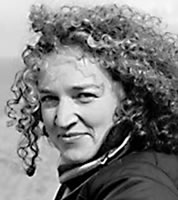
Adriane Lochner
Adriane Lochner is a biologist by training. As a freelance journalist, photographer and travel writer covering cultural and environmental topics worldwide, Lochner spent a year in Kyrgyzstan learning about its culture, environment, people and the snow leopard. Currently, she is based in Germany.
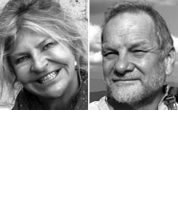
Agnieszka Dobrowolska and Jarosław Dobrowolski
Conservation architects Agnieszka Do-browolska and Jarosław Dobrowolski are partners in the Cairo-based practice ARCHiNOS Architecture (www.archinos. com). In 2008-9 Agnieszka directed conservation of the sabil-kuttab of Mustafa III with funding from the Dutch Embassy and the Netherlands-Flemish Institute in Cairo (NVIC). She is also co-author of Muhammad ‘Ali Pasha and His Sabil (2004, AUC Press) and author of The Building Crafts of Cairo (2005, AUC Press); Jarosław is author of The Living Stones of Cairo (2001, AUC Press) and they jointly authored Heliopolis: Rebirth of the City of the Sun (2006, AUC Press).
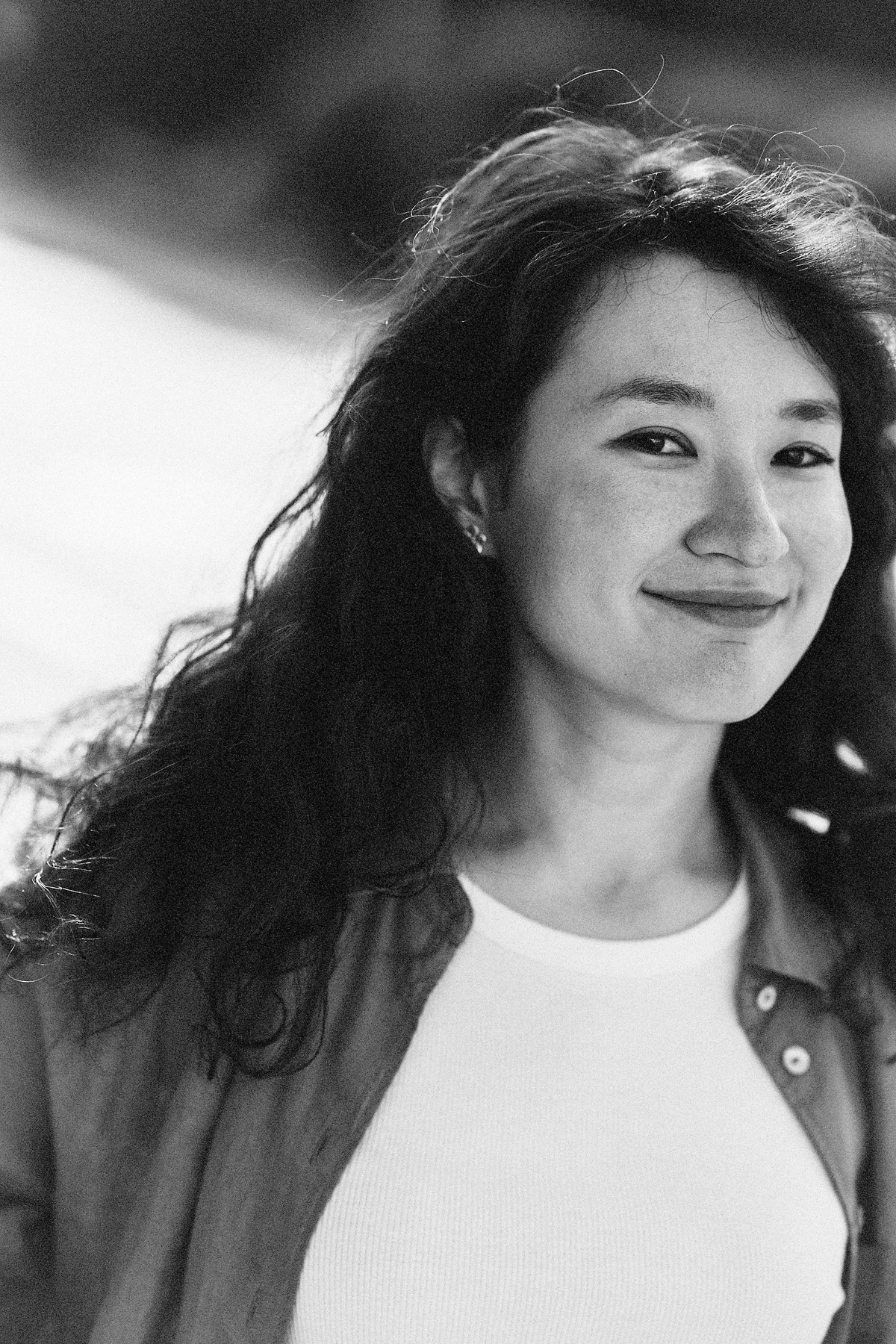
Aibarshyn Akhmetkali
Aibarshyn Akhmetkali is a contributing writer to AramcoWorld based in Astana, Kazakhstan. Her work mainly focuses on the culture, history and arts of Central Asia.

Alan Mammoser
Alan Mammoser writes about cities, the environment, energy, infrastructure and planning. He writes the weblog www.warmearth.us.

Alfonso Godinez
Alfonso Godinez is a freelance photographer and visual artist, based in Los Angeles. Follow his work on Instagram @leanderstudios.
Guidelines for Contributors
Do you have a story idea?
Share your idea with us!
We rely on writers, photographers and multimedia journalists with editorial experience to share stories of cross-cultural connections across the globe.
